Katriona VanDoorne has lived with cystic fibrosis all her life, but she’s never let it define her.
In fact, it’s just the opposite.
Like the purple vest she wears 45 minutes twice a day to shake and loosen the phlegm cystic fibrosis creates, VanDoorne, 22, has shaken up the disease—and its grip on her life.
Within a few minutes of speaking with the Grand Haven Township, Michigan, woman, it’s clear who has the strength here. She does. Not cystic fibrosis.
Sitting in a brown recliner in her family’s living room on a mild winter’s day, her dog, Scooter, jumped up to snuggle next to her.
She powered up the vest and her upper torso began vibrating. Scooter didn’t flinch.
VanDoorne patted the black Chihuahua-pug mix on the head, then rubbed his ears.
“He sits right next to me the whole time I do my treatments,” VanDoorne said.
Instead of being bitter about her vest time, she embraces it.
‘Me’ time
“My vest is kind of like my ‘me’ time, my quiet time during the day where I get to be by myself,” she said. “I try to take advantage of it.”
As VanDoorne inhaled medication, the family’s other dog, Joey, wandered around the living room.
Most days, VanDoorne watches television during her treatments to help pass the time. Netflix usually. Bluetooth headphones help cancel out the noise of the vibrating vest and allow her to hear the programming.
She inhales four of the medicines twice a day.
“These take eight to 10 minutes each,” she said.
VanDoorne grew up this way. It’s all she’s ever known.
Doctors at Spectrum Health Helen DeVos Children’s Hospital diagnosed her with cystic fibrosis at 2 weeks old.
She would come to learn both her parents carry a mutation, but she is the only one of their three birth children who has the disease.
“I’ve pretty much been on all the medications since I was about 2 weeks old,” she said. “I was pretty sick when I was born. I was throwing up all the time and couldn’t keep anything down. My parents were desperate for answers. I went to Helen DeVos Children’s Hospital and they confirmed CF.”
VanDoorne, who transitioned to the Spectrum Health Adult Cystic Fibrosis Clinic in recent years, will speak at a Rare Disease Day Symposium at 8 a.m. Feb. 29 at Calvin University’s Prince Conference Center.
The breakthrough
About two years ago, VanDoorne participated in a clinical trial at Spectrum Health for a new medication called Trikafta.
It’s part of a group of therapies called CFTR modulators, which work by correcting the malfunctioning gene and, hopefully, restoring normal activity.
“I was lucky enough to be chosen for a study, which was a super huge blessing,” she said. “In July it will be two years that I’ve been on some kind of form of this drug.
“Personally, my life has changed enormously,” she said. “I can’t believe the energy that I have. I don’t cough anymore, which is such a weird thing to even say.”
It’s a welcome change from a former life of frequent hospitalizations and feeling sick most days.
“I tell my mom, ‘Sometimes I feel like I’m looking down at someone else’s life,’” she said. “I haven’t felt this good since I was maybe 7 years old.”
VanDoorne lives with her parents on 10 acres.
She enjoys riding quads along the trails and spending time with her dogs while her parents work. On summer days, she swims in the backyard above-ground pool.
Respect and dignity
On a recent mid-winter day, she strolled through the backyard with Scooter and Joey, passing woodpiles, outbuildings and the closed-for-the-season pool.
Her lungs rejoiced in the fresh country air.
Before graduating from Grand Haven High School in 2015, she worked at the iconic Michigan Rag Company in downtown Grand Haven, selling Marushka silk-screened apparel.
But this is no rags-to-riches story.
“I had to quit the summer of my senior year because I knew I was pushing my body too hard,” she said. “I loved that job, but my health is more important. I do babysitting when I feel up to it and that’s been awesome.”
VanDoorne said she has learned much from living with cystic fibrosis, but there is perhaps one lesson she likes to share most.
“I think it’s easy to forget that people with a rare disease, or even a non-rare disease, are still people,” she said. “We still love hanging out with our family. We still love normal human activities. I think it’s easy for people to forget that.
“I think sometimes we become our disease and it’s kind of the first thing people associate with us,” she said. “They see you and say, ‘How are you feeling today?’”
She had a lot of support in high school, but there, too, she recognized many associated her with her disease.
“Back in high school, sometimes that’s all people saw me as,” VanDoorne said. “I still wanted to hang out with my friends and not focus on the disease. We still want to be treated with respect and dignity even though we’re living with a sometimes fatal disease.”
VanDoorne said she has enjoyed a huge support network through her family, friends and other patients with cystic fibrosis, many of whom she met online.
A patient with cystic fibrosis is always advised not to be in the same room as another patient with the disease. Consequently, VanDoorne’s interactions with a friend who lives a few streets to the north—who also has cystic fibrosis—is limited to screen time.
But they’re friends just the same.
“Because of social media, I’ve gained lots of different CF friends,” she said. “To see them on this (Trikafta) medication and how much it’s changing their lives is super awesome, too. I feel very fortunate to live in this time of CF.”
A bright outlook
The U.S. Food and Drug Administration approved Trikafta late last fall.
The medication has brought hope for many who suffer from cystic fibrosis, said Caleb Bupp, MD, a Spectrum Health Medical Group geneticist.
“It is a very complex disorder, but the genetic causes have now become better understood than ever before,” Dr. Bupp said.
By understanding the finite details of the genetics behind the disease, researchers have developed treatments tailored to each individual’s genetic code, he said.
“It truly is precision medicine,” Dr. Bupp said.
And with better treatment comes a longer lifespan.
In the 1930s, more than 80% of patients with cystic fibrosis died before their first birthday, according to the Child Life Society.
In 1980, life expectancy reached age 10. By 1990, late teens.
Now, patients are living into their 40s and beyond—and those numbers could increase with new, targeted treatments.
It’s a testament to the power of advancements in genomics, Dr. Bupp said.
“What’s exciting is the rapid pace at which new treatments for CF have been developed,” he said. “This gives renewed hope and optimism for patients and families touched by this rare disease. The outlook for the future is brighter than ever before.”
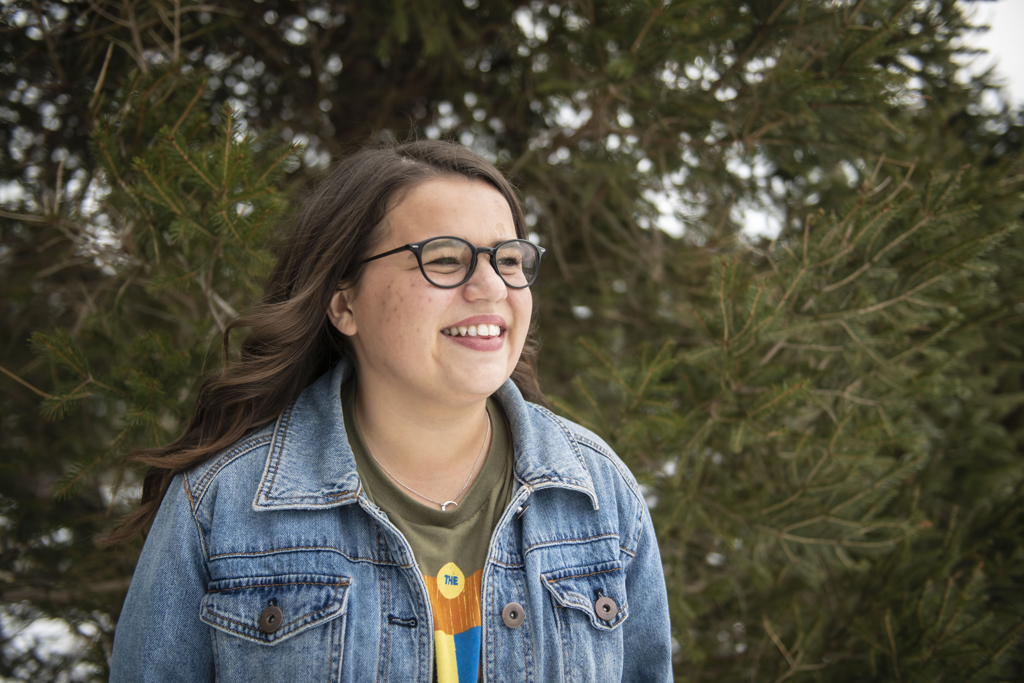
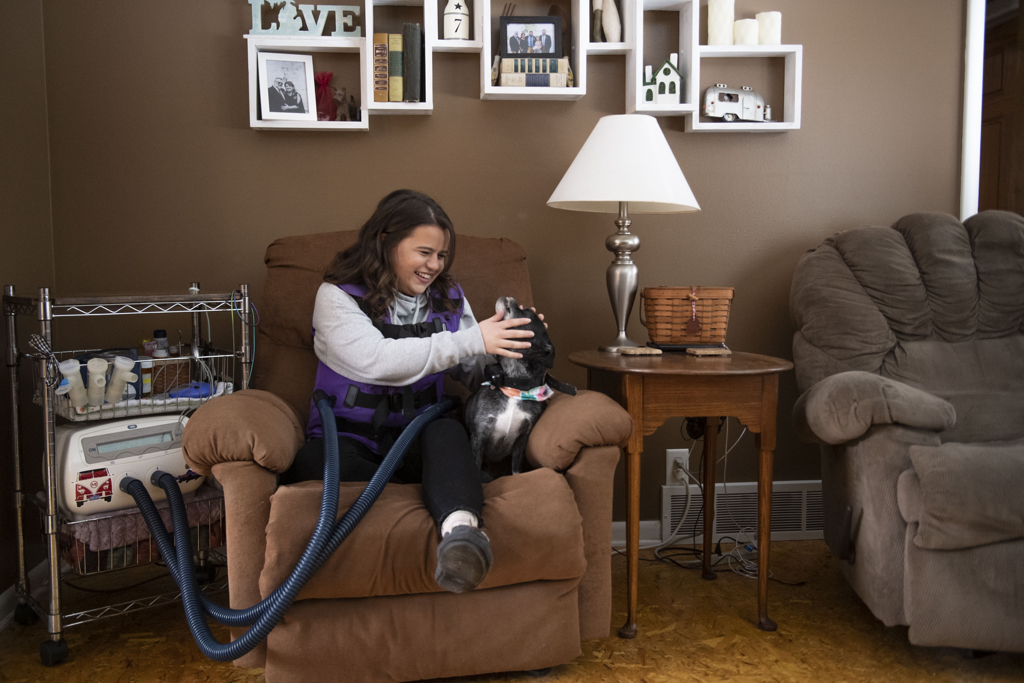

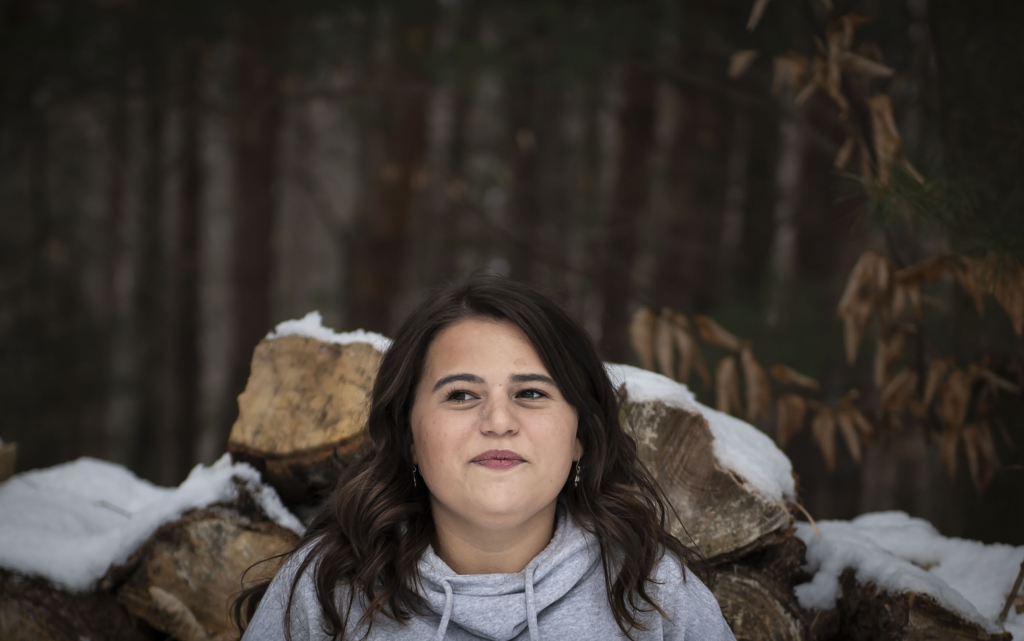
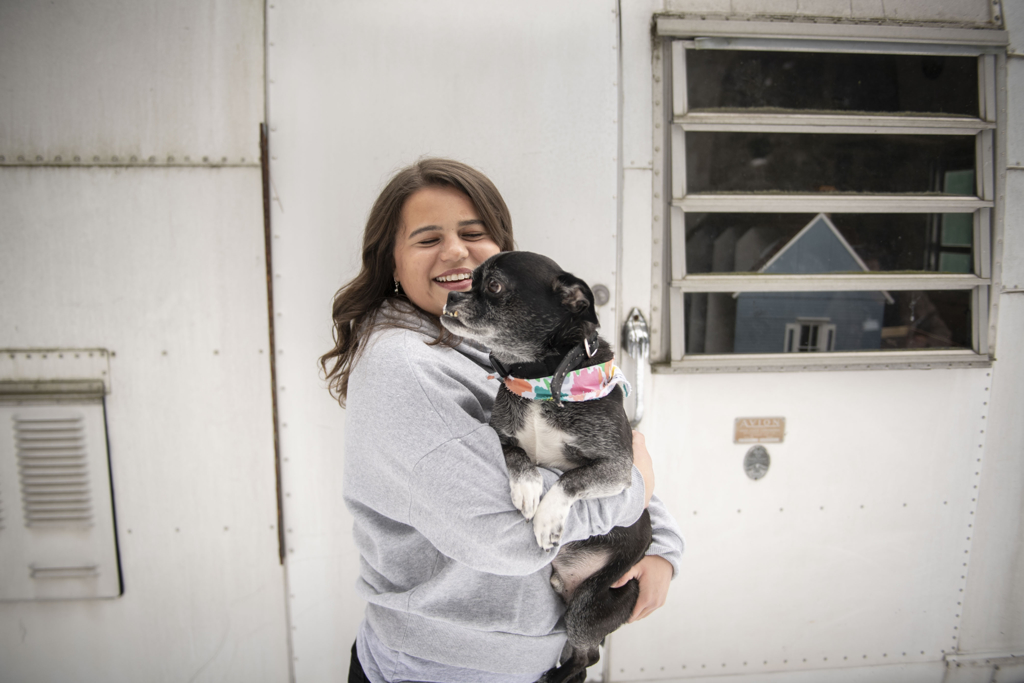


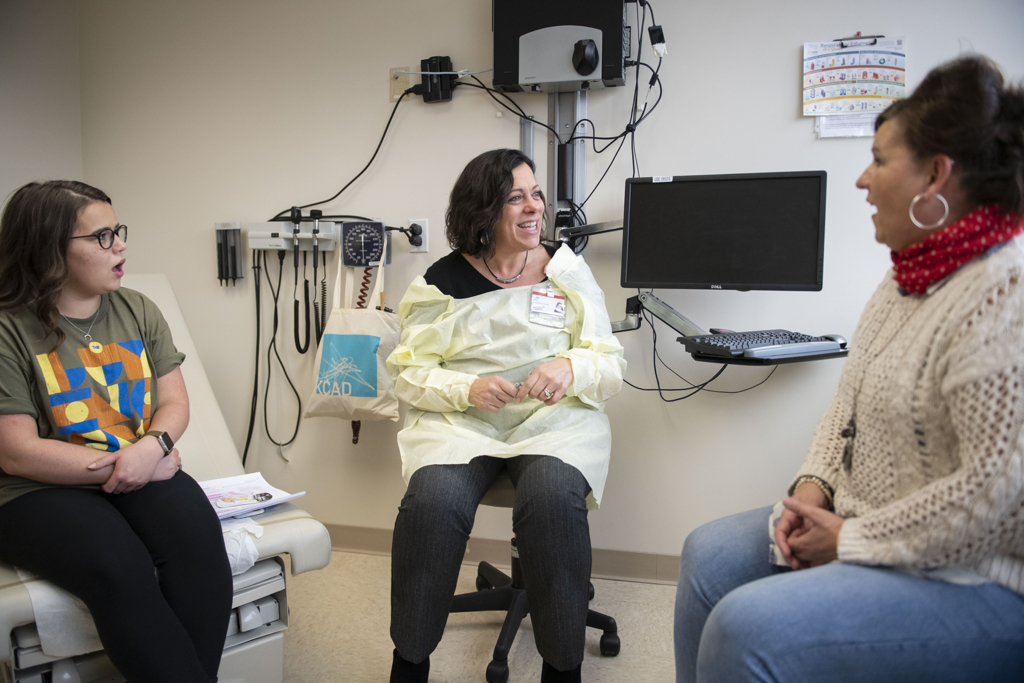
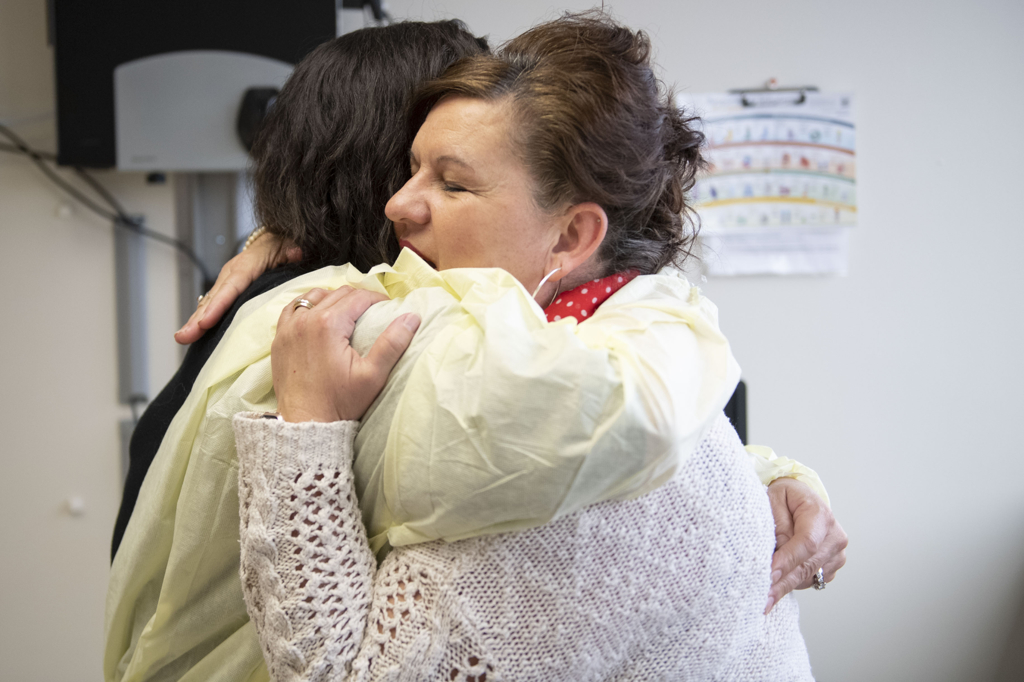
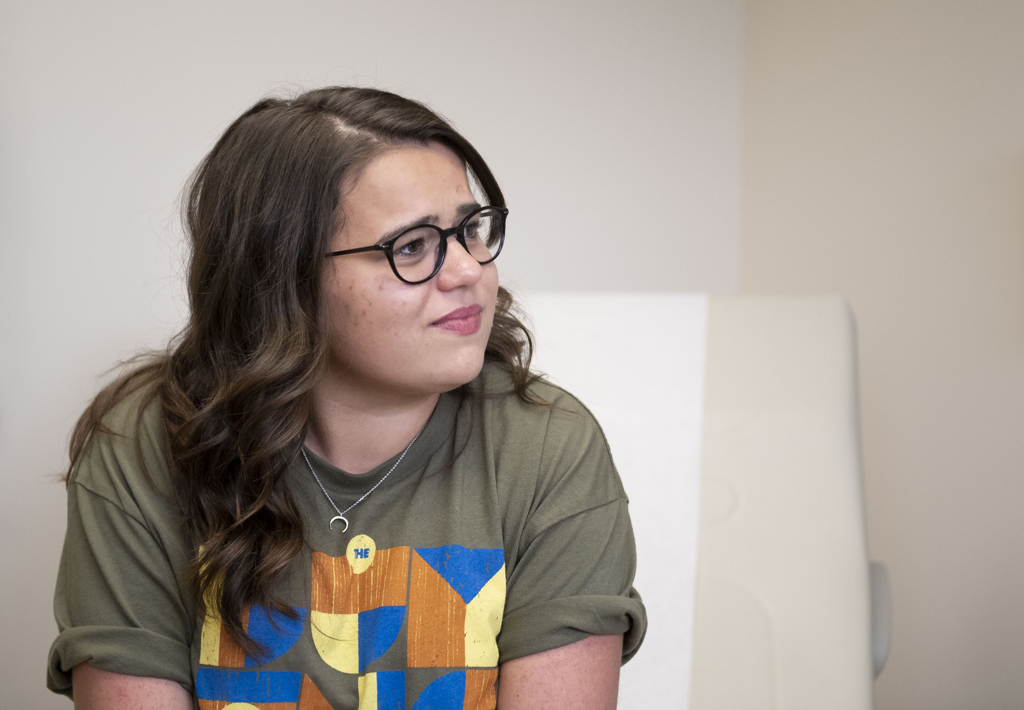
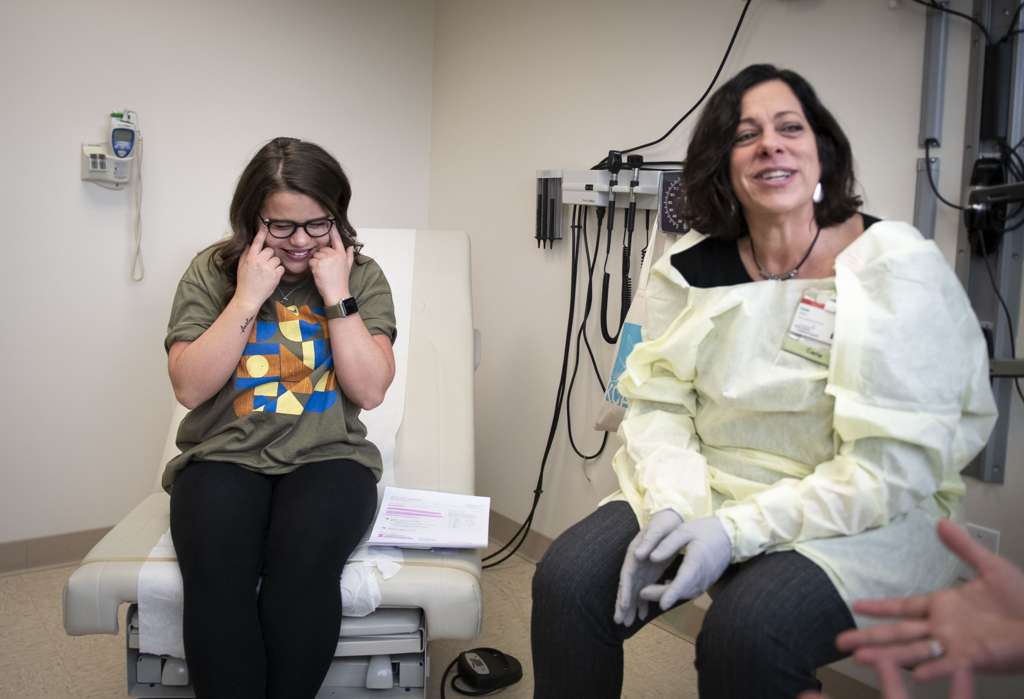
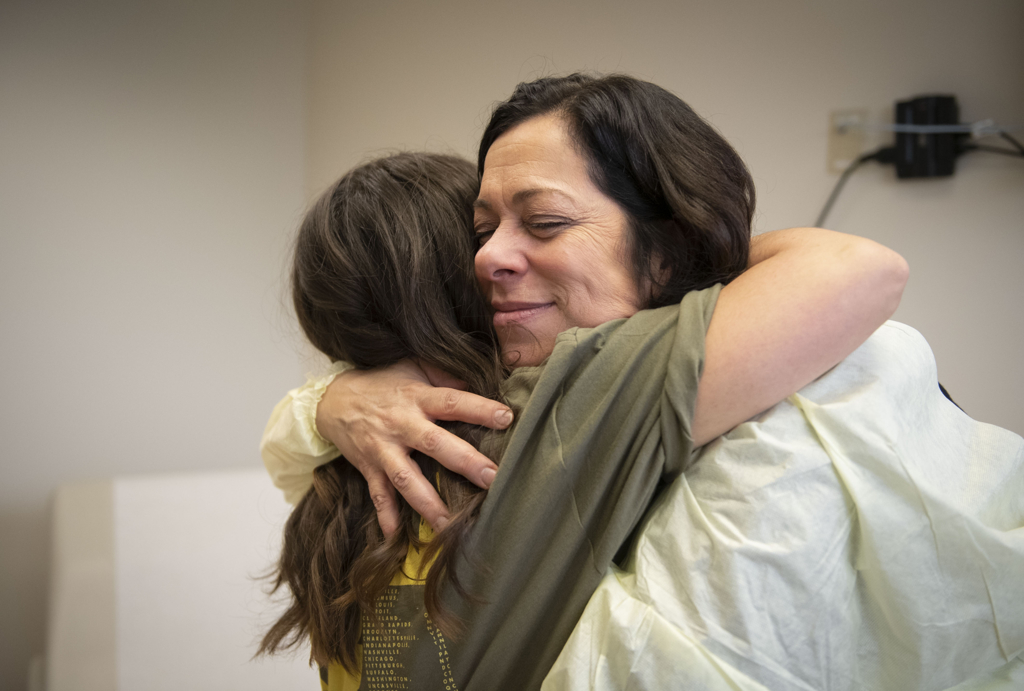



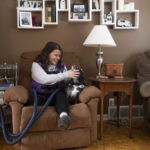



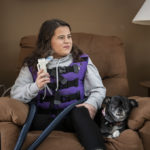
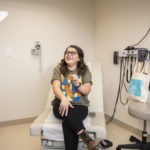








 /a>
/a>
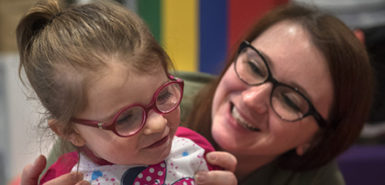 /a>
/a>
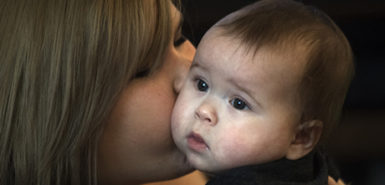 /a>
/a>
Katriona is my niece and I was blessed to have such a great time with her and her family this past Summer. She was an inspiration to me and we had fun. Katriona, her Mom Kelly and Dad Matt are very wonderful people and a Blessing y know. I love you Katriona.
Thank you for sharing, your story, Katriona. I have always, read stories, of others, with, CF, and, prayed, a cure, would be discovered. My prayers continue, for you, and all, in this journey.